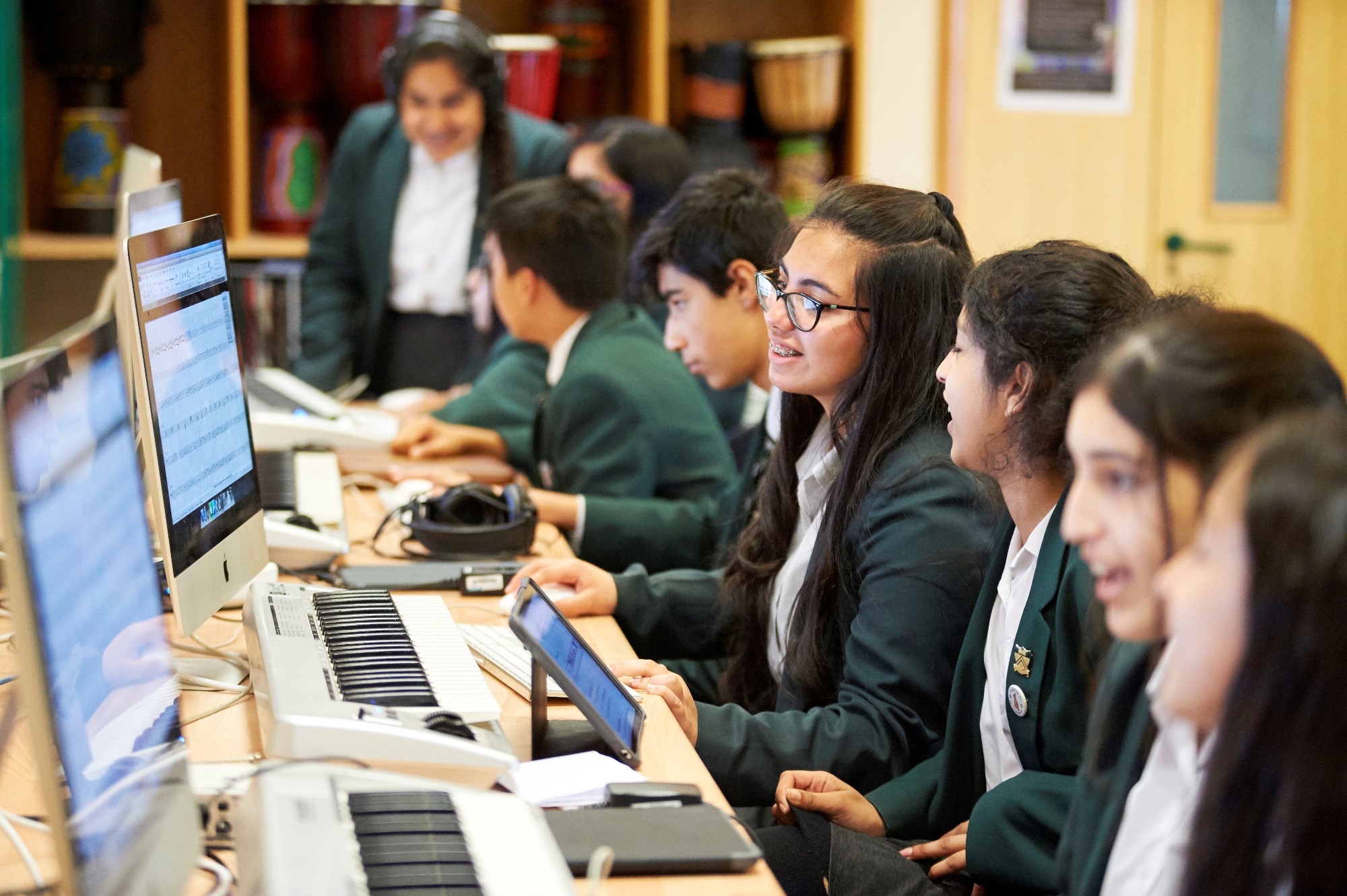History
Years 7-9
During Years 7-9 the following topics are taught.
| Year 7 | Year 8 | Year 9 |
|---|---|---|
|
The mystery of the skeletons Quick history: Romans to Normans – who made the biggest difference? Did people love or hate living in the Roman Empire? Who told the truth about 1066? The Norman Conquest: ‘A fatal day!’ What should everyone know about the Crusades? Why did the barons rebel against King John? Why were some kings deposed in the Middle Ages? Henry II and Becket - Could a king do whatever he liked? Was it all muck and misery in the Middle Ages? Rats or rebels – which were the most significant? What’s been really important this year?
|
A quick history of Britain 1500–1900 The English Reformation: how did the Reformation affect ordinary people in Tudor England? What did the industrial revolution do for us? Why were Europeans mad about empires? Into the unknown: were all immigrants brave and adventurous? Which wars should we know about? Would you have signed Charles I’s death warrant? How did ordinary people win the right to vote? What’s been really important this year? |
What can the Olympics tell us about the twentieth century? Why did soldiers carry on fighting in the trenches? What were the key turning points in the First World War? What was life like on the home front in the First World War? What was life like in Nazi Germany? Why is it important to remember the Holocaust? How did the Second World War differ from the First World War? Why did civilians in the Second World War find themselves at greater risk than ever before? What was it like to live through the Second World War in Britain? What were the significant developments in the struggle for civil rights in the USA? What’s been really important this year? |
GCSE
Students studying the subject at GCSE follow the Edexcel specification. During the course the following topics are covered.
| Year 9 | Year 10 | Year 11 |
|---|---|---|
|
What was Russia like in the early 1900s? |
1 Modern Depth Study: Russia and the Soviet Union, 1917-41 Topic 1: The revolutions of 1917
Topic 2: The Bolsheviks in power, 1917-24
Topic 3: Stalin’s rise to power and dictatorship, 1924-41
Topic 4: Economic and social changes, 1924-41
2 Thematic study and historic environment Part 1: Crime and punishment Topic 1: Crime and punishment in medieval England c.1000-1500
The same bullet points will be repeated for: Topic 2: Crime and punishment in early modern England c. 1500-1700 Topic 3: Crime and punishment c. 1700-1900 Topic 4: Crime and punishment in c. 1900-present Part 2: Whitechapel, c1870–c1900 1 Crime, policing and the inner city
2 Knowledge, selection and use of sources for historical enquiries |
3 British Depth Study: Early Elizabethan England, 1558–88 Topic 1: Queen, government and religion, 1558–69
Topic 2: Challenges to Elizabeth at home and abroad, 1569–88
Topic 3: Elizabethan society in the Age of Exploration, 1558–88
4. Period Study: Superpower relations and the Cold War, 1941–91 Topic 1: The origins of the Cold War, 1941–58
Topic 2: Cold War crises, 1958–70
Topic 3: The end of the Cold War, 1970–91
|
For more detailed information on the course content and assessment please refer to the examination board website: http://qualifications.pearson.com/en/qualifications/edexcel-gcses/history-2016.html
A Level
Students studying the subject at A Level follow the Edexcel specification. During the course the following topics are covered.
| Year 12 | Year 13 |
|---|---|
|
Paper 1: Germany and West Germany, 1918–89 Themes: 1 Political and governmental change, 1918–89 2 Opposition, control and consent, 1918–89 3 Economic development and policies, 1918–89 4 Aspects of life in Germany and West Germany, 1918–89
Historical interpretations: How far was Hitler’s foreign policy responsible for the Second World War?
Paper 2: The rise and fall of fascism in Italy, c1911–46 Key topics: 1 The liberal state, c1911–18 2 The rise of Mussolini and the creation of a fascist dictatorship, 1919–26 3 The fascist state, 1925–40 4 Challenges to, and the fall of, the fascist state, c1935–46 |
Coursework: The origins of the First World War ● Students carry out an independently-researched enquiry requiring them to analyse and evaluate historical interpretations and to organise and communicate the findings ● The assignment is set by the centre on a question, problem or issue that has generated disagreement among historians.
Paper 3: The British experience of warfare, c1790-1918 Aspects in breadth: the changing role of government in preparing the nation for war, c1790–1918
Themes: 1 Changes in organising the military 2 Changes in weaponry and the role of the people Aspects in depth: Britain at war overseas
Themes: 1 Britain and the French Wars, 1793–1815 2 The Crimean War, 1854–56 3 The second Boer War, 1899–1902 4 Trench warfare on the Western Front, 1914–18 5 The war in the air, 1914–18 |
For more detailed information on the course content and assessment please refer to the examination board website: https://qualifications.pearson.com/en/qualifications/edexcel-a-levels/history-2015.coursematerials.html#filterQuery=category:Pearson-UK:Category%2FSpecification-and-sample-assessments

